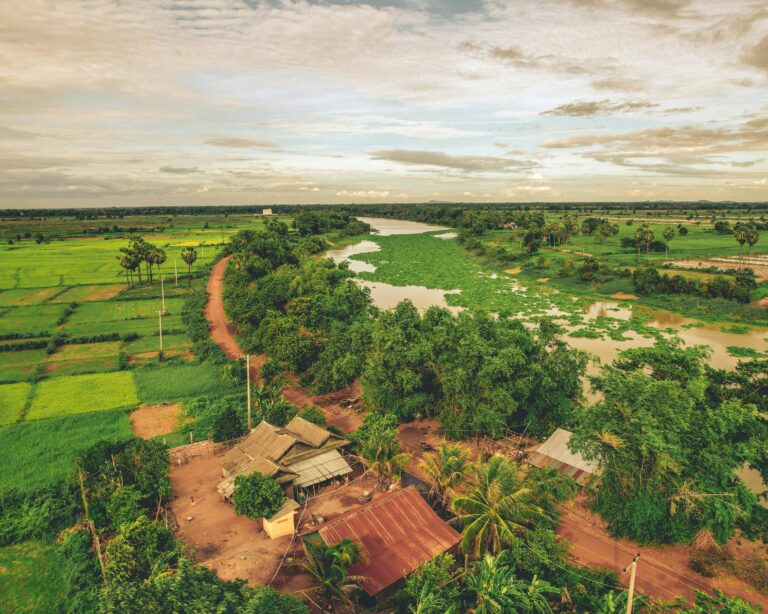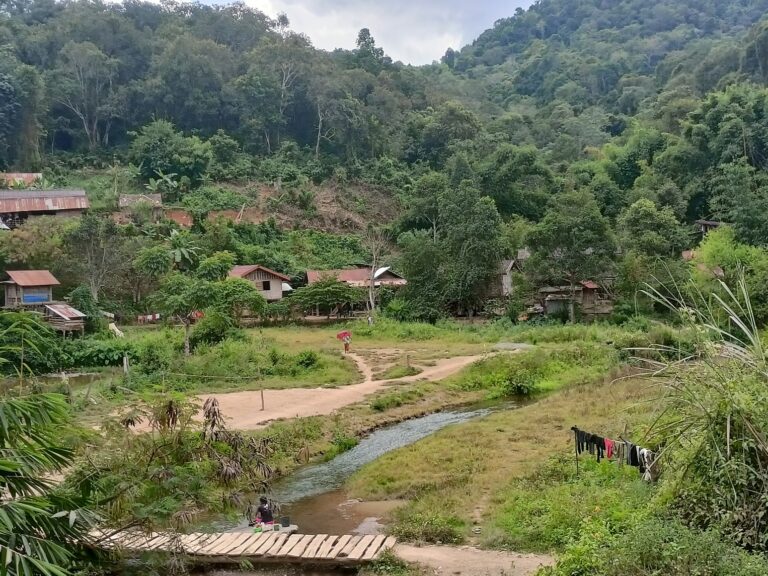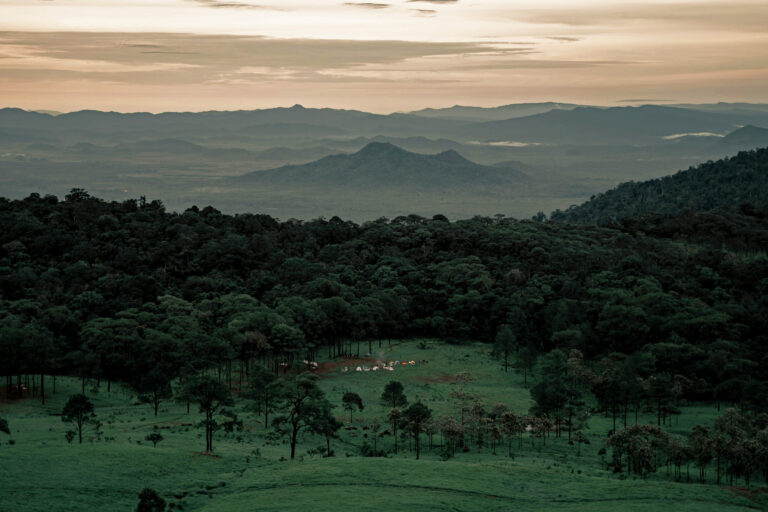Project Description
The USAID-funded Mekong Adaptation and Resilience to Climate Change (ARCC) project addresses the urgent need for coordinated climate adaptation strategies in the Lower Mekong Basin, where approximately 60 million people are at risk from climate-induced changes. Implemented by DAI with ICEM and SEA START, the project aimed to produce new data and strategies to guide adaptive responses in the region. ICEM led the basin-wide study assessing climate vulnerabilities in agriculture, livestock, fisheries, aquaculture, ecosystems, and biodiversity, helping governments and communities identify priority areas for resilience building.
Objectives, Activities and Results
ICEM’s core responsibility was to identify the impacts of climate change on key sectors and ecological systems and determine the most vulnerable agro-ecological zones. This involved mapping projected climate impacts on agricultural productivity, water systems, and biodiversity, and analyzing the implications for livelihoods and development pathways. The findings guided the selection of pilot sites and the development of adaptation options. The final study integrated peer-reviewed feedback and stakeholder input from workshops and public consultations, producing a foundational resource for climate-resilient planning and investment across the Mekong Basin.
Links
Agriculture Sector Vulnerability Report
Fisheries Sector Vulnerability Report
Livestock Sector Vulnerability Report
Protected Areas Vulnerability Report
Socio-economic Sector Vulnerability Report
Non Timber Forest Products and Crop Wild Relatives Vulnerability Report



